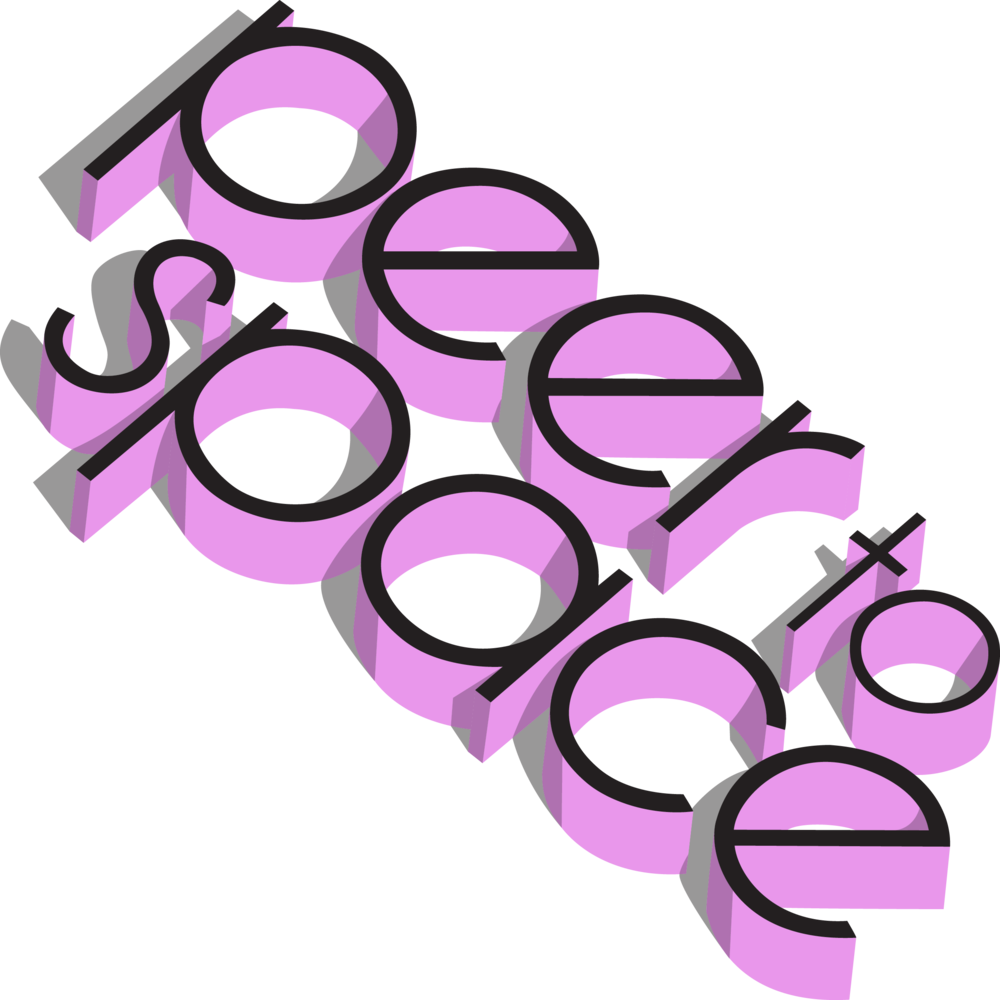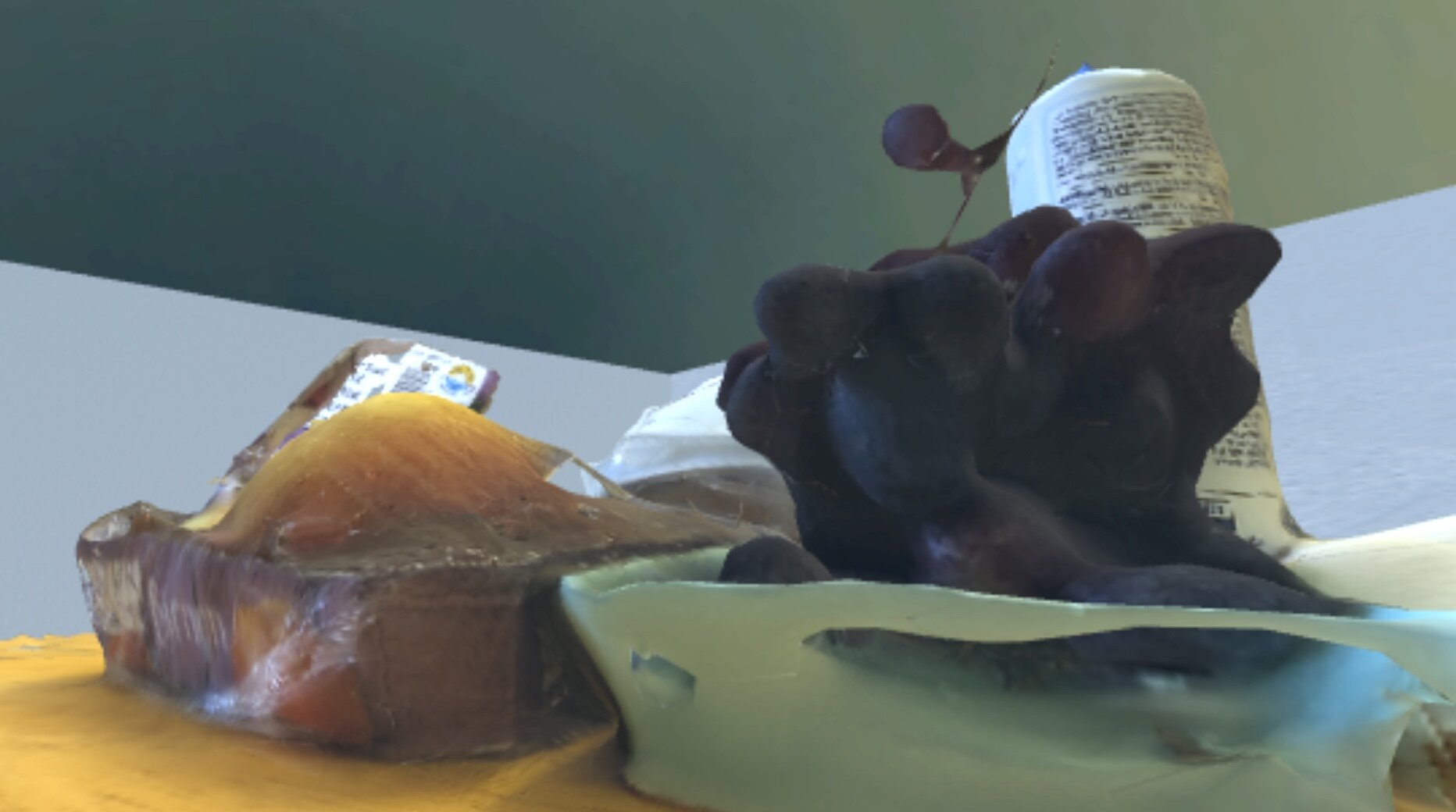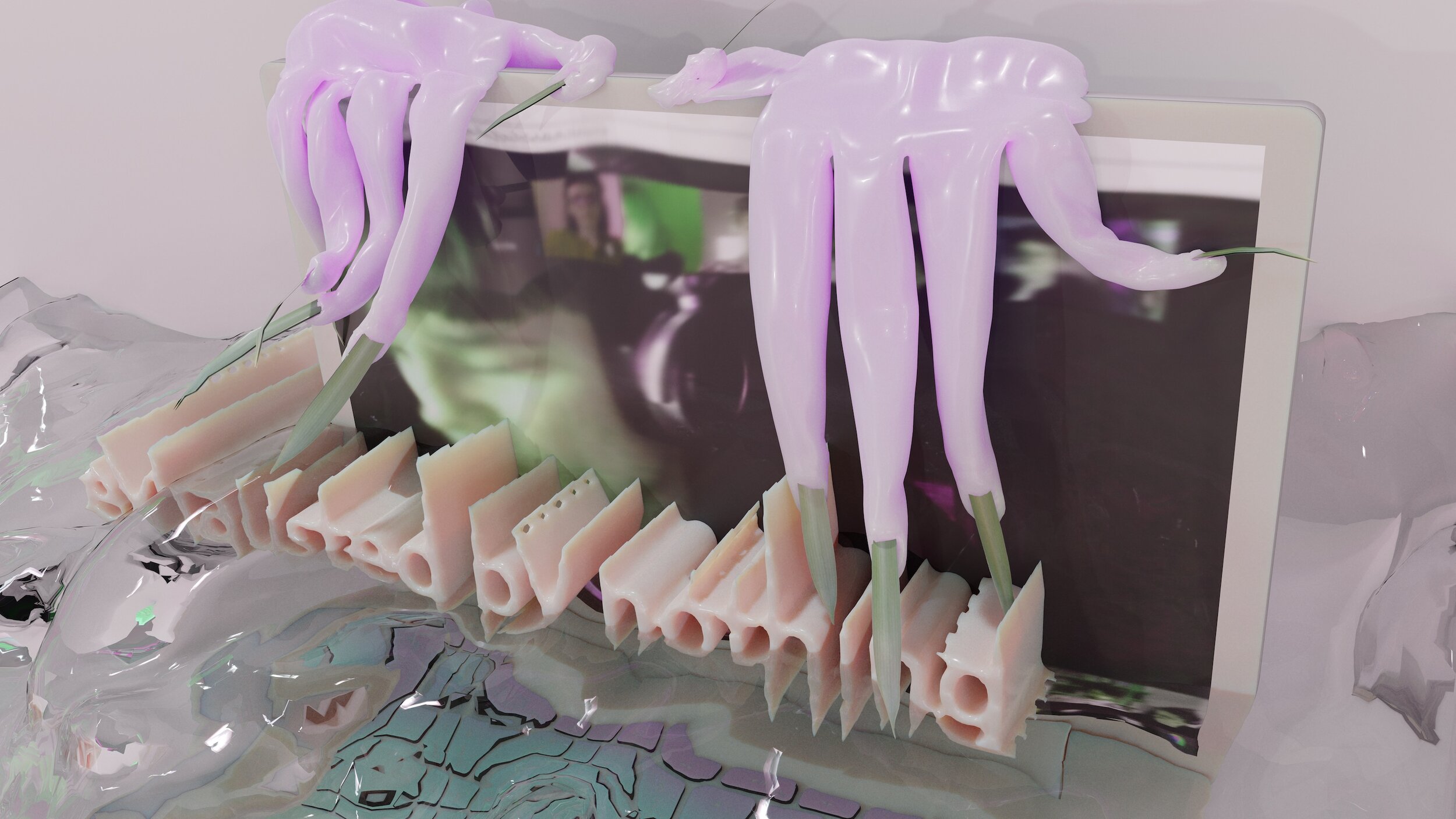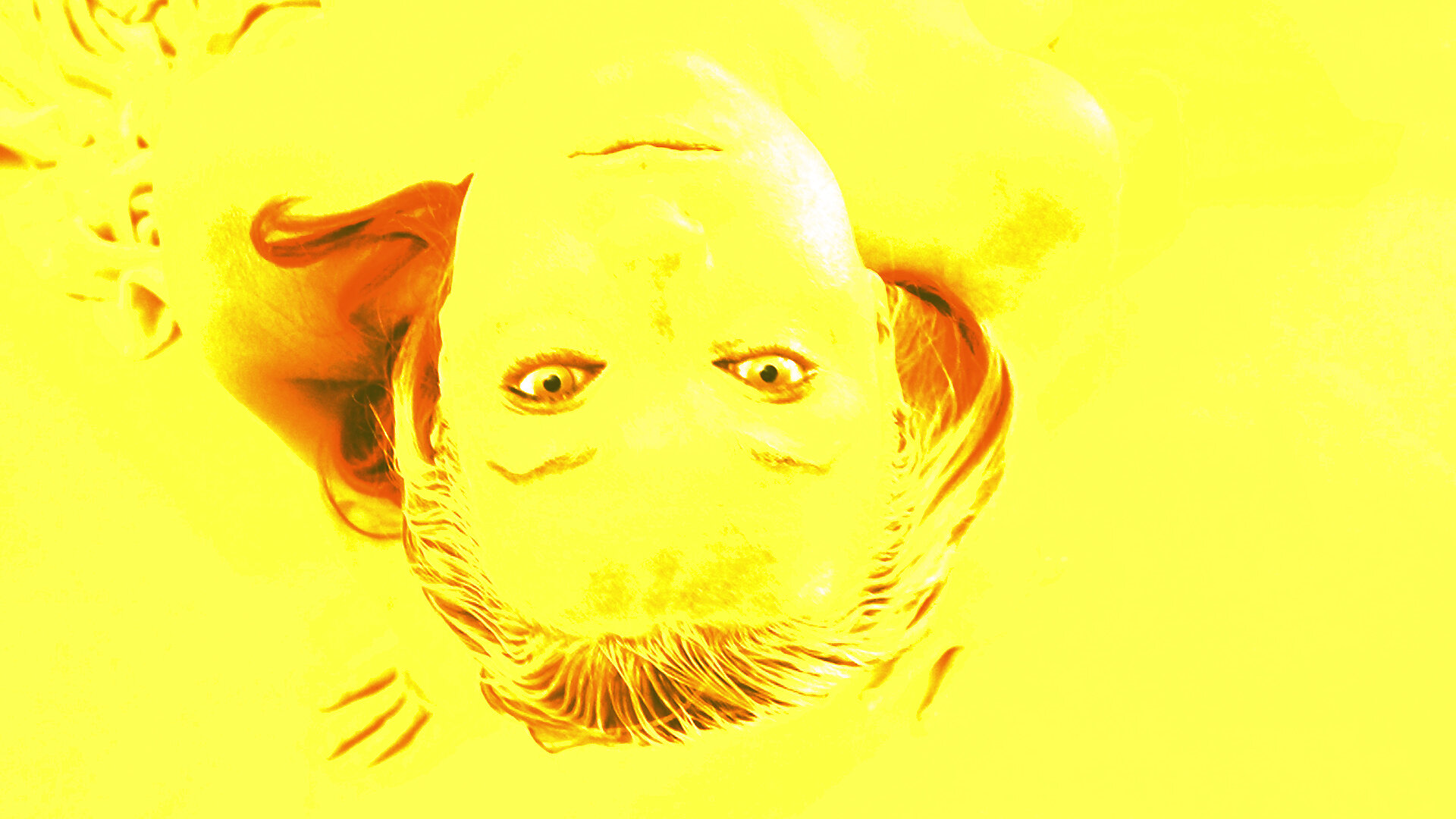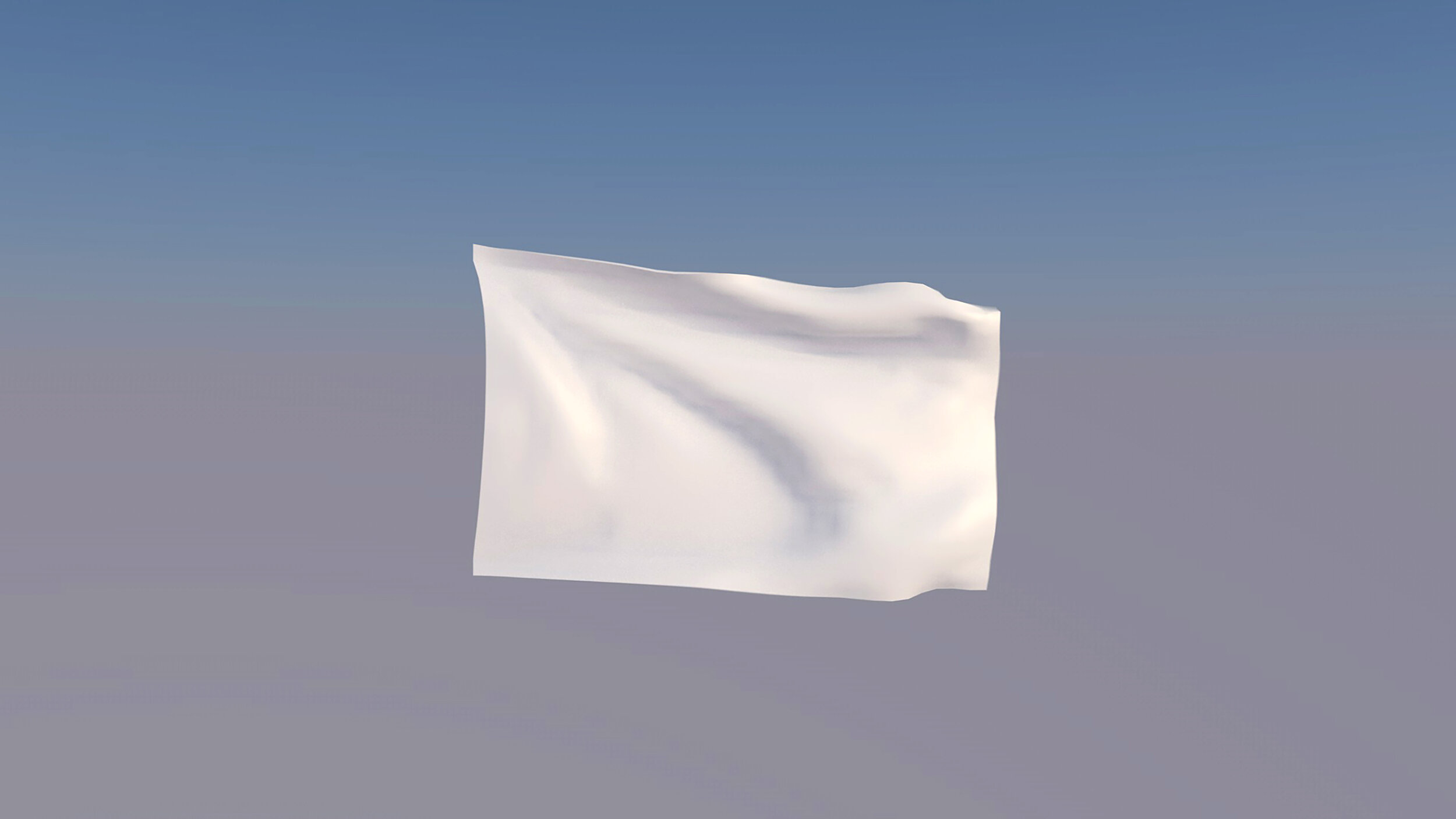The End Begins at the Leaf brings Antonio Tarsis' and Anderson Borba's work into artistic dialogue. Curated by peer to space associate director Mara-Johanna Kölmel, the show invites visitors to dive into an immersive environment that begins and ends at a leaf.
Image © João Atala
Systematic deforestation alongside illicit mining operations in the Amazon pose a major threat to Brazil’s complex ecosystems. With the current administration supporting deforestation and mining in areas formally protected by law, land has been stripped of vegetation, waterways have been polluted, and the protection of human rights and the environment have been undermined. The works in the exhibition approach this devastating constellation through a poetic reflection on materials and processes that relate to these disputed territories.
The leaf serves as an aesthetic departure point and thinking device through which contested issues are teased out. The End Begins at the Leaf thereby explores larger interrelations that range from the exploitation of land and people to the transformation of natural resources into commodities and their circulation in a global market economy. Is this how the end begins?
Presented by Akademie Schloss Solitude, Mauro Mattei & BeAdvisors
Venue: 9 French Place, Shoreditch, London, E1 6JB
Exhibition Info: 09 December, 2021 - 15 January, 2022
Private View: 09 December, 5-9pm
Opening hours: Tues. to Frid. 2pm-6pm and Sat./Sun. 12pm-6pm / Closed: 23 - 26 Dec & 31 Dec - 2 Jan.
Public Programme: Sunday, December 12, 2021
3pm: Artists and curator-led exhibition tour of The End Begins at the Leaf
4pm: Panel discussion: Choreographies of Transformation - The rainforest and beyond
Please register here
